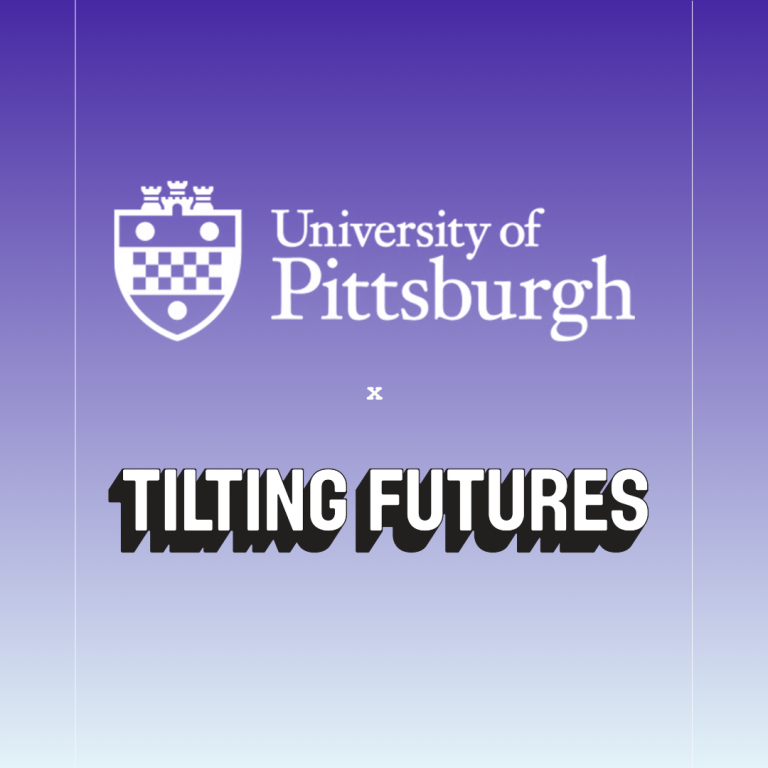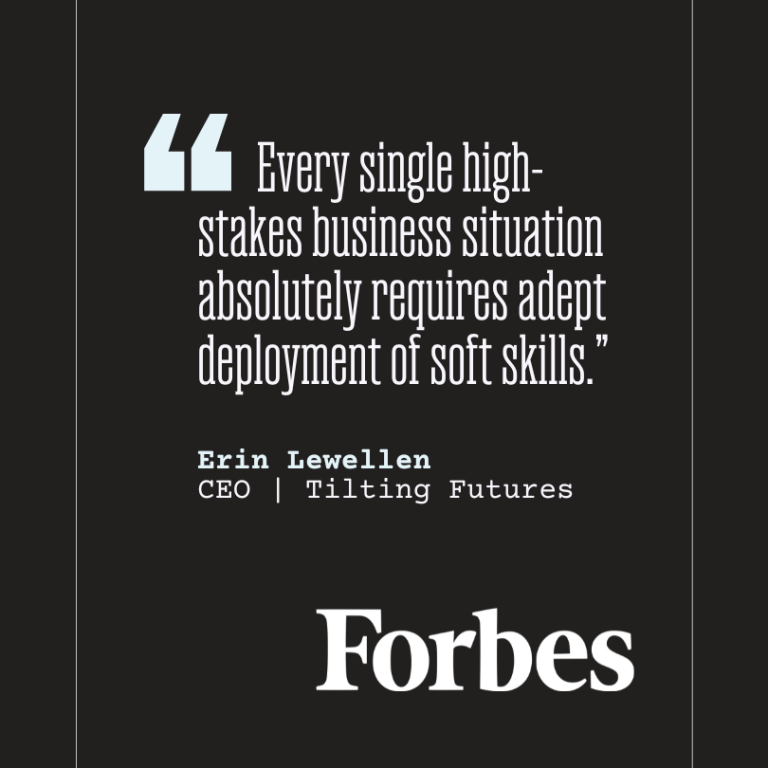This op-ed was originally published in The New York Times with Nicholas Kristof on April 5th, 2016.
View the original publication of the article at this link.
In the past few weeks, anxious high school seniors across the country have received admissions decisions from colleges. Some might feel like they’ve won the lottery; others have dashed hopes and diminished confidence. Few in either category realize how little these outcomes matter in the long run; that, as Frank Bruni puts it,“where you go is not who you’ll be.”
Regardless of where the cards fall, a growing number of educational experts and thought leaders have some counterintuitive advice: don’t send your kids to college . . . at least not yet.
Our conveyor belt to college has striking costs. Nationally, one-thirdof college freshmen don’t return for a second year. Kids take about six years to complete a degree, and only 9 percent of students from low-income backgrounds will have a degree by the time they turn 24. Beyond this, stress among college students is alarmingly highand rising each year with the majority of students feeling consistently anxious, overwhelmed or hopeless. These concerning trends are playing out from community college to the Ivy League.
The outlook for those who graduate is not what it once was: students are saddled by unprecedented levels of debt and few leave campus with the skills employers value most. One recent studyshowed that while 96 percent of college administrators think their graduates are ready for the work force, just 11 percent of employers agree.
The current system is failing our kids, country and economy. How will we fix it? We need to get back to basics and ask: “What do today’s kids most need to learn, and how do we re-design the system around that?”
A growing number of colleges have begun to embrace a novel solution: change the outcomes of college by changing the inputs. What if college freshmen arrived on campus not burnt out from having been “excellent sheep” in high school, but instead refreshed, focused and prepared to take full advantage of the rich resources and opportunities colleges have to offer?
The “gap year,” a common practice across Europe and Australia, has yet to take root in the United States. A primary barrier is the stigma we associate with the term – it conveys privilege and frivolity and is often viewed either as a luxury for a select few, or remediation for kids who didn’t get into the college of their choice.
And yet, the research shows undeniable, positive impacts in terms of increased maturity, confidence and achievement. A recentMiddlebury study showed that students who take a year off before arriving outperform their peers in their academic and extracurricular engagement on campus. And the American Gap Association reports that students who take a year before college are 75 percent more likely to be “happy” or “extremely satisfied” with their careers post-college.
Given its known benefits, it’s time to rebrand the “gap year” as anything but a “gap.” When used intentionally, the year before college can be a bridge, a launch pad and a new rite of passage. It’s the students who find the courage to step off the treadmill – replacing textbooks with experience and achievement with exploration – who are best prepared for life after high school. And a growing number of colleges are taking notice.
Bill Fitzsimmons, Harvard’s undergraduate admissions dean, wrotea manifesto about the need for students to take time off before college. Rick Shaw, Stanford’s undergraduate admissions dean, now speaks about the value of non-linear paths and the learning and growth that come from risk taking and failure, as opposed to perfect records. Princeton, Tufts and University of North Carolina at Chapel Hill have recently developed “bridge year” programs that encourage – and pay for – students to spend a year immersed in the world before arriving on campus.
Growing evidence also shows that a structured “bridge year” can be a game-changer for low-income students by helping them develop the growth mindset and grit associated with college persistence and completion. Reflecting this, scholarships for students who have historically not had these opportunities are growing as well. For example, at Global Citizen Year, the organization I founded and lead, our goal is to find the highest potential students we can, regardless of their family’s ability to pay. Since 2010 we have disbursed over $6 million in financial aid with 80 percent of each year’s class receiving need-based financial aid.
Admissions criteria are changing to give preference to students with real world experience. In January, Harvard and more than 80 other colleges released Turning the Tide, a blueprint for de-escalating the admissions arms race by focusing less on personal achievement and more on values, integrity and commitment to others. One proposed pathway is to give an admissions boost to students who take a service year before arrival.
As it becomes increasingly evident that our educational system is failing so many, it’s time to demand a stronger foundation for kids from all backgrounds.
Whether celebration or disappointment characterize admissions season for your family, one thing is clear: regardless of which school your child chooses, you would be wise not to send your kid to college . . . at least not yet.
Abigail Falik (@abbyfalik) is the founder and C.E.O. of Global Citizen Year. An expert on the changing landscape of education, Falik has been profiled by Fast Company, NPR, Forbes and The New York Times.




